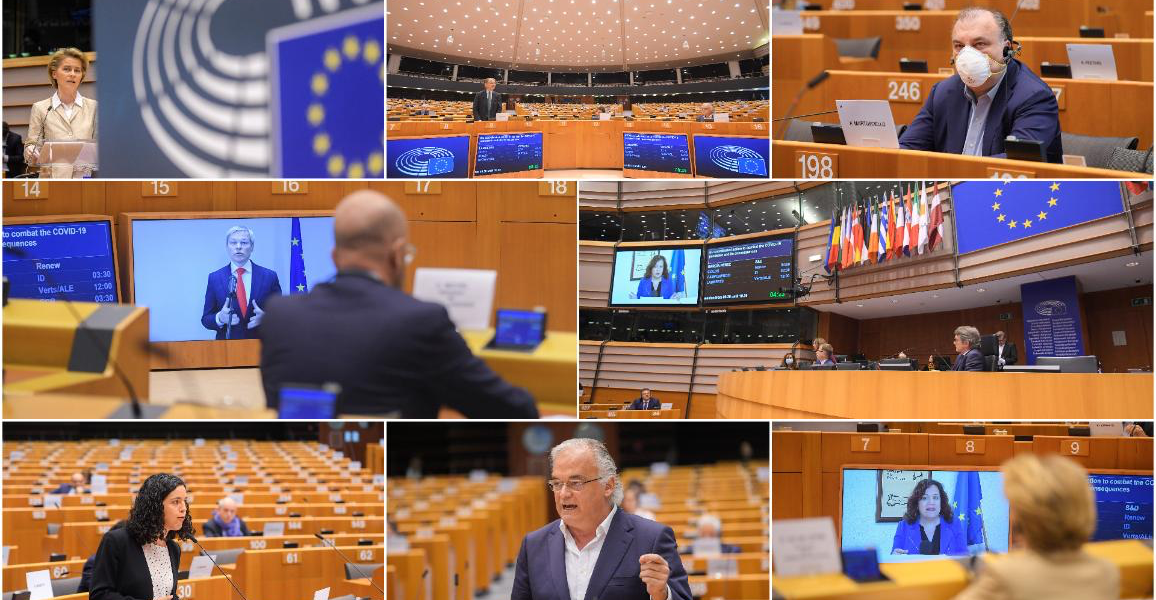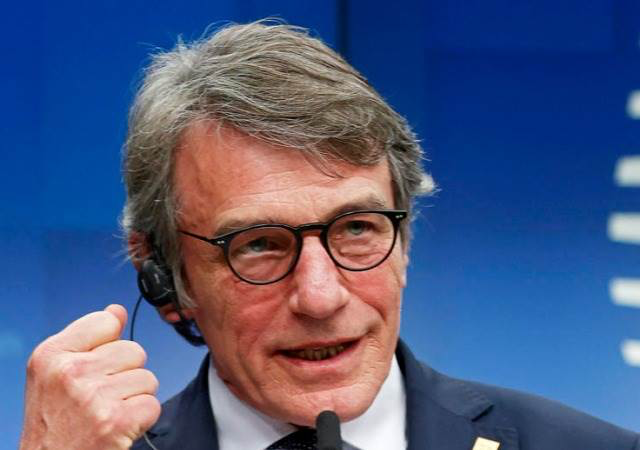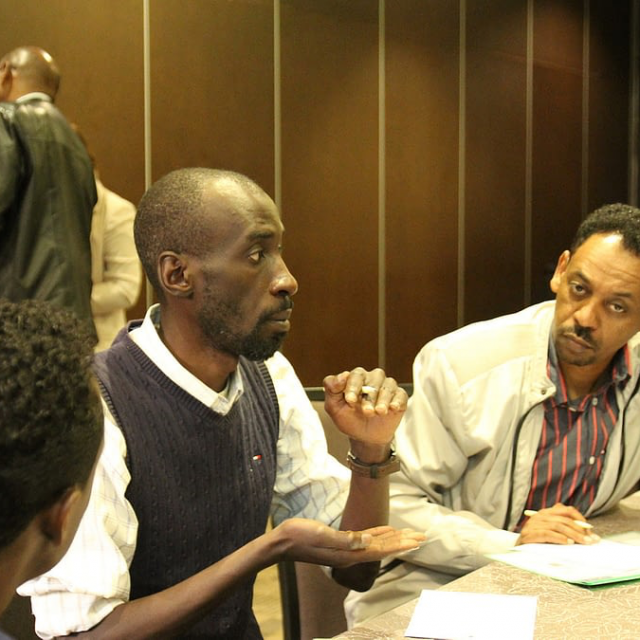In the presence of Commissioner Paolo Gentiloni, EESC President Luca Jahier voices full support for Commission COVID-19 recovery package on eve of make-or-break EU summit: “Let there be no backtracking”
President Jahier expressed criticism for the recent EU Council proposal to give national governments the power to veto a country’s reform programmes under the package In a debate with economy commissioner Paolo Gentiloni at the EESC plenary, Jahier said the full Committee stands behind the European Commission.
Jahier said the Commission had risen to the challenges of the Covid-19 crisis, first with early measures taken to waiver budget deficit and state aid rules and later with the proposed Next Generation EU package, mobilising some 5 trillion EUR, roughly equivalent to five times the Marshall Plan, to counter the massive consequences of the pandemic.

“We want you to know that the whole EESC is with you, the Commission and the Parliament, in this battle to reach a good agreement – an agreement that is up to the challenge, that does not dangerously backtrack and above all does not suffer setbacks which could throw Europe into devastating social turmoil after the summer,” Jahier said to commissioner Gentiloni.
Mr Gentiloni underlined that Covid-19 had a huge economic and social impact and generated the biggest economic shock since the Great Depression. “The resilience of our societies and our values will remain our main line of defense against the virus and the crisis. It is crucial to ensure a strong recovery from the crisis.

For the Commissioner for Economy: “The absence of economic and social convergence between EU states and regions is a threat to the political sustainability of the European project. To ensure a sustainable economic recovery and to be resilient to future shocks and strengthen convergence in the EU we need significant investment and reforms now more than ever”.
Mr Jahier reiterated the strong criticism of his earlier statement for the counterproposals recently put forward by Council President Charles Michel to make the package acceptable to the heads of State and government, in particular the MFF budget cut and the governance of the package.
Although very small in absolute terms, the proposed reduction of the overall 2020-2024 EU multiannual budget from the 1,100 bn EUR of the Commission’s may 202O proposal to 1.074,3 bn would be the 1st cut in real terms to the EU budget. It would affect EU core funds for helping countries and regions lagging behind. Above all, Mr Jahier stressed, it would become the starting point for negotiations over the future MFF, taking the EU budget for structural action down a dangerous road of ever shrinking ambition.
The EESC was even more critical of the proposal to split the governance of the package between the Commission (MFF) and national governments (NextGeneration EU). This would mean moving from an integrated management giving the Commission leverage on a reinforced budget, to a budget that is fragmented into at least two parts.
More worrying still, said Mr Jahier, was last night’s proposal to give individual countries a last resort veto by convening an extraordinary meeting of the EU finance ministers if they object to a Member State’s proposed reforms under the package. This would mark a definitive, structural split of the European budget which would be dangerous and unacceptable, said Jahier.
One other burning issue that the EESC assembly was keen to discuss with Commissioner Gentiloni was yesterday’s ruling of the Court of Justice annulling a European 2016 decision which would have forced Ireland to claim back €13 billion from Apple in back taxes.
The EESC backed the Commission’s effort to get Big Tech to pay more tax and thus correct a flagrant injustice. Mr Jahier also expressed appreciation for the p to put an end to improper and unsustainable tax competition between Member States.
Asked about progress on the taxation of the digital economy, Mr Gentiloni outlined the state of play of negotiations to reach a global or, failing that, an EU-wide agreement that would provide the EU with much needed own resources.
“I want to be very clear. There are no easy solutions because of political, technical, international problems. But there is something very positive: we have a growing demand from public opinion, from the European Parliament, from your Committee and from stakeholders. And we have an opportunity from the fact that Member States see the need for the Commission to have stronger own resources to repay this common debt”, said Gentiloni.
“Yes, we need indeed to have stronger own resources to make a success of this NextGenerationEU. Because the experience of our Union shows that this is an absolutely extraordinary initiative. It is not something permanent, but if it works, if it gives good investments, if it helps modernise our economy, and if we are able to increase own resources to repay this debt, I assure you that, as always in the EU, this will be a precedent to build upon in the future, when there is another crisis or a new common goal to reach,” concluded Gentiloni.




